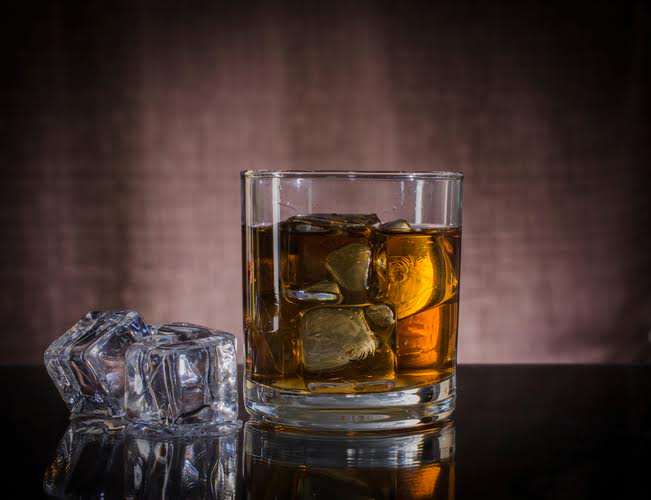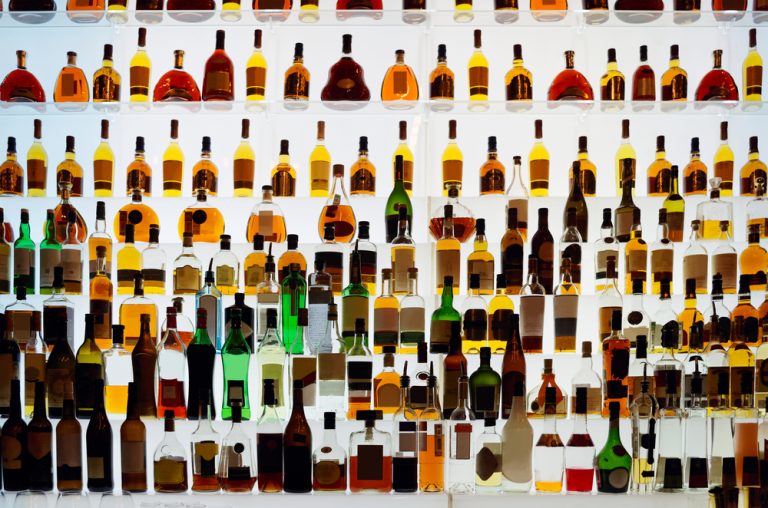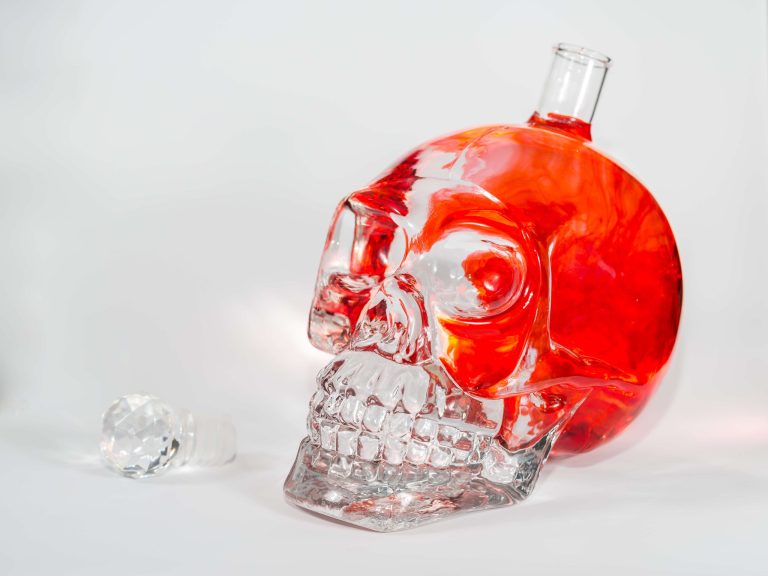Tapering off alcohol is a method of reducing your alcohol intake gradually. This process can help your body break its dependency on alcohol with minimal side effects. Although it is possible to taper your alcohol use alone, professionals highly advise that you seek medical attention.
Challenges to Weaning Off Alcohol

If you’ve been drinking heavily for a long time and think you might experience withdrawal symptoms, it’s best to talk with a medical professional before you begin a taper. Quitting alcohol cold turkey can be dangerous and should only be done under medical supervision. Suddenly stopping alcohol consumption can cause withdrawal symptoms, including seizures, hallucinations, and delirium tremens. As a Certified Professional Recovery Coach, I often speak with people who want to wean off alcohol. The thought of abstaining from alcohol completely can feel daunting, and in some cases, it can even be dangerous without medical supervision. Below I share some key information so you can determine if weaning off alcohol is right for you.
Benefits of Weaning off Alcohol
You can use the guidelines to get an idea of how many standard drinks you’re used to. If you’ve decided to taper off alcohol, you’ll need to be prepared with some strategies to make the process easier. You’ll likely face the urge to drink more than you’ve planned each day, but there are some good tricks to help you delay that next serving and keep yourself honest.
Managing Pain with Addiction in Mind
- This means that there is little data about the best way to taper your drinking.
- Therefore, seeking professional care to develop a customized tapering strategy is highly recommended.
- When an individual has developed a substance use disorder or dependence on alcohol, stopping its use outright can seem virtually impossible.
- Surrounding yourself with other people who are sober will dramatically improve your chances of staying away from alcohol.
- If you or your loved one are suffering from alcoholism, seek out professional help from a detox facility or rehab to wean off alcohol.
- The exact benefits will depend on how much alcohol you were drinking and on factors such as your genetics, overall health, and how your body responds.
This is especially true of heavy drinkers who are surrounded by the triggers that encourage drinking and lack the support needed to encourage change. As you navigate this question, it can be helpful to think about how you typically prefer to approach change. Metaphorically speaking, http://www.megatis.ru/news/55/2003/09/09/3_21089.html do you like to dip your toe in first, or cannonball right in?

When done under medical supervision, tapering off alcohol has few downsides. However, tapering can sometimes be unsafe if you attempt to do so on your own without a doctor’s knowledge. For example, if you start to suffer from alcohol withdrawal symptoms despite an attempt to taper, your symptoms may worsen before you have the chance to seek medical attention. For this reason, even at-home tapers should be done under a doctor’s care. When coming off drugs or alcohol tapering is the best way to prevent severe withdrawal symptoms.
Strategies For Tapering Off Alcohol
This is why it is important to stop regular, heavy drinking only under the supervision of medical staff. They can provide medications and additional support to https://artifact.spb.ru/things/54.htm make quitting alcohol safer, and more comfortable. Typically, quitting cold turkey from a 12-beer-a-day habit is going to be more stressful than tapering off slowly.
Mixing Weed and Alcohol: Effects and Risks
Read on to learn how to wean off alcohol, whether alcohol withdrawal can kill you, and other common questions about quitting drinking. Sunshine Behavioral Health strives to help people who are facing substance abuse, addiction, mental health disorders, or a combination of these conditions. It does this by providing compassionate care and evidence-based content that addresses health, treatment, and recovery. Benzodiazepines are the most common medications physicians use to taper alcohol and reduce withdrawal symptoms. Before a doctor begins a tapering plan with medications, they will assess the medical stability, including vital sign stability, and pattern of withdrawal symptoms in the patient. http://egesha.ru/archives/31854_egesha.html Alcohol withdrawal occurs when neurotransmitters that combat the effects of alcohol on the nervous system suddenly have nothing to counteract them.
- You’ll need to stick with gradual reduction every day and not revert to previous levels of consumption, otherwise it won’t work.
- Discover where to find IOP cocaine treatment in PA and explore effective recovery options for lasting change.
- For those who consume more than 20 drinks a day, the tapering schedule becomes more complex and should be undertaken with professional guidance.
- Replacing alcoholic beverages with non-alcohol drinks is a great method of helping during a taper.
The Reality of Extremely Dangerous Drug Krokodil in America

Many insurance companies will help pay for some or all of your treatment costs.
Challenges of Tapering Off Alcohol
- For example, if attending parties or events is a trigger, you can choose to limit your exposure to such situations in the early stages of your recovery.
- Prefer Topiramate or Gabapentin if patients are intolerant to or have not responded to Naltrexone and Acamprosate.
- It’s a good idea to talk with a medical professional before you begin a taper.
Explore tips for selecting the best opiate addiction treatment program for your needs and start your healing journey. Each of these challenges requires a unique approach and often the support of professionals, loved ones and support groups. Understanding and preparing for these difficulties can greatly enhance the chances of successful recovery. While the safest way to taper is with professional help in a detox facility, this may not be an option for everyone. A person may need to detox at home for many reasons, including cost or time. The second situation involves counting the daily drinks and switching them to a beverage with lower alcohol content, such as beer.

